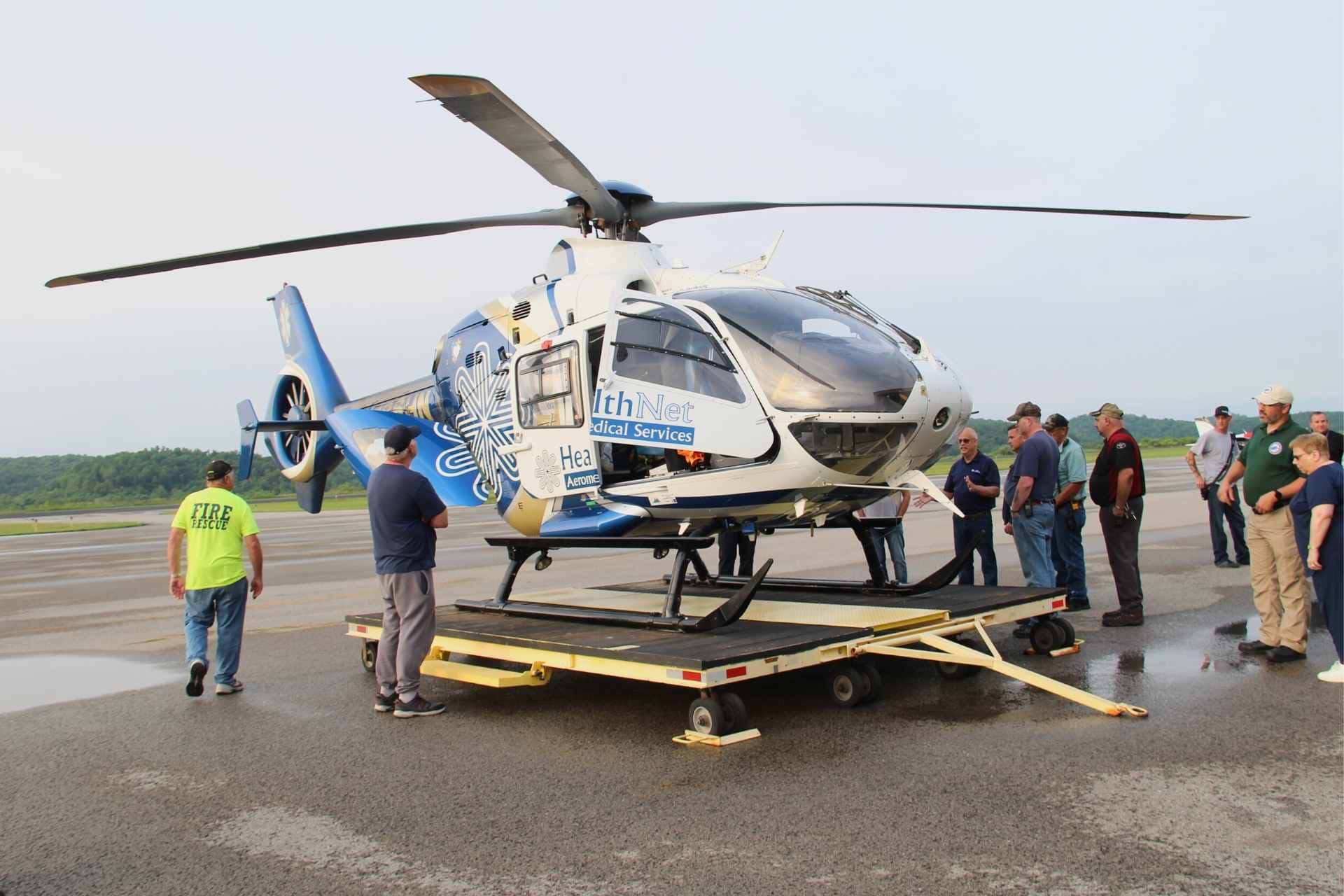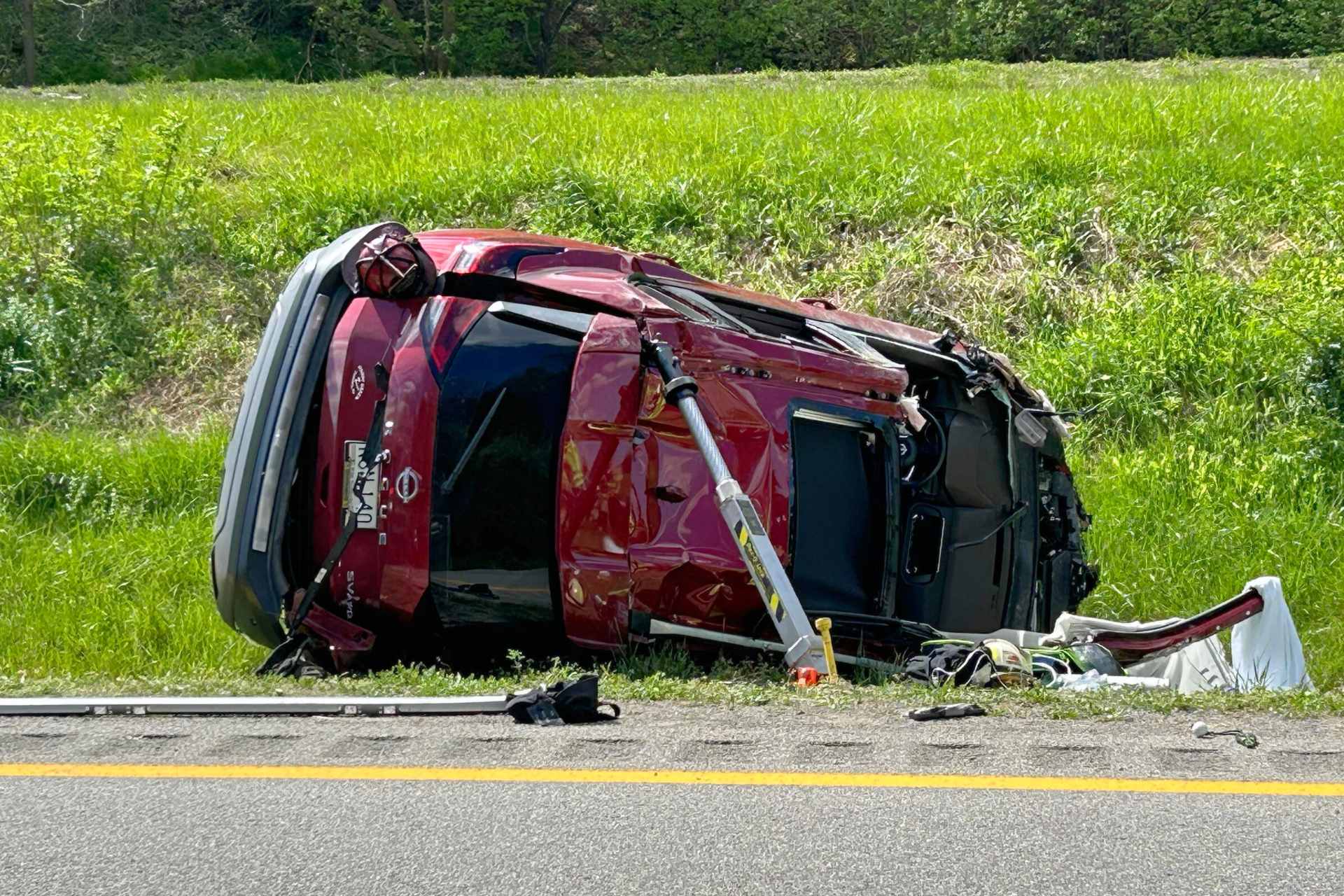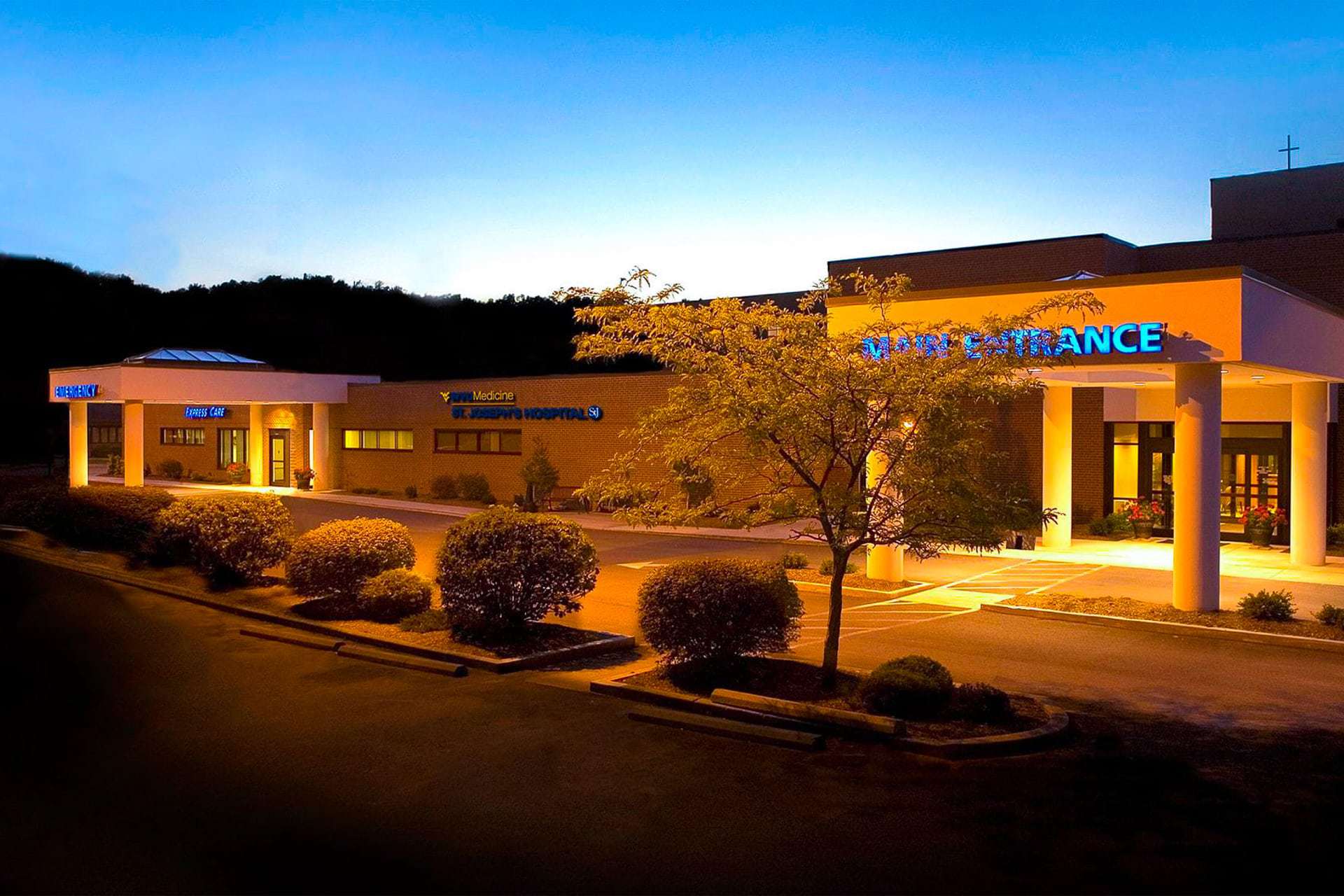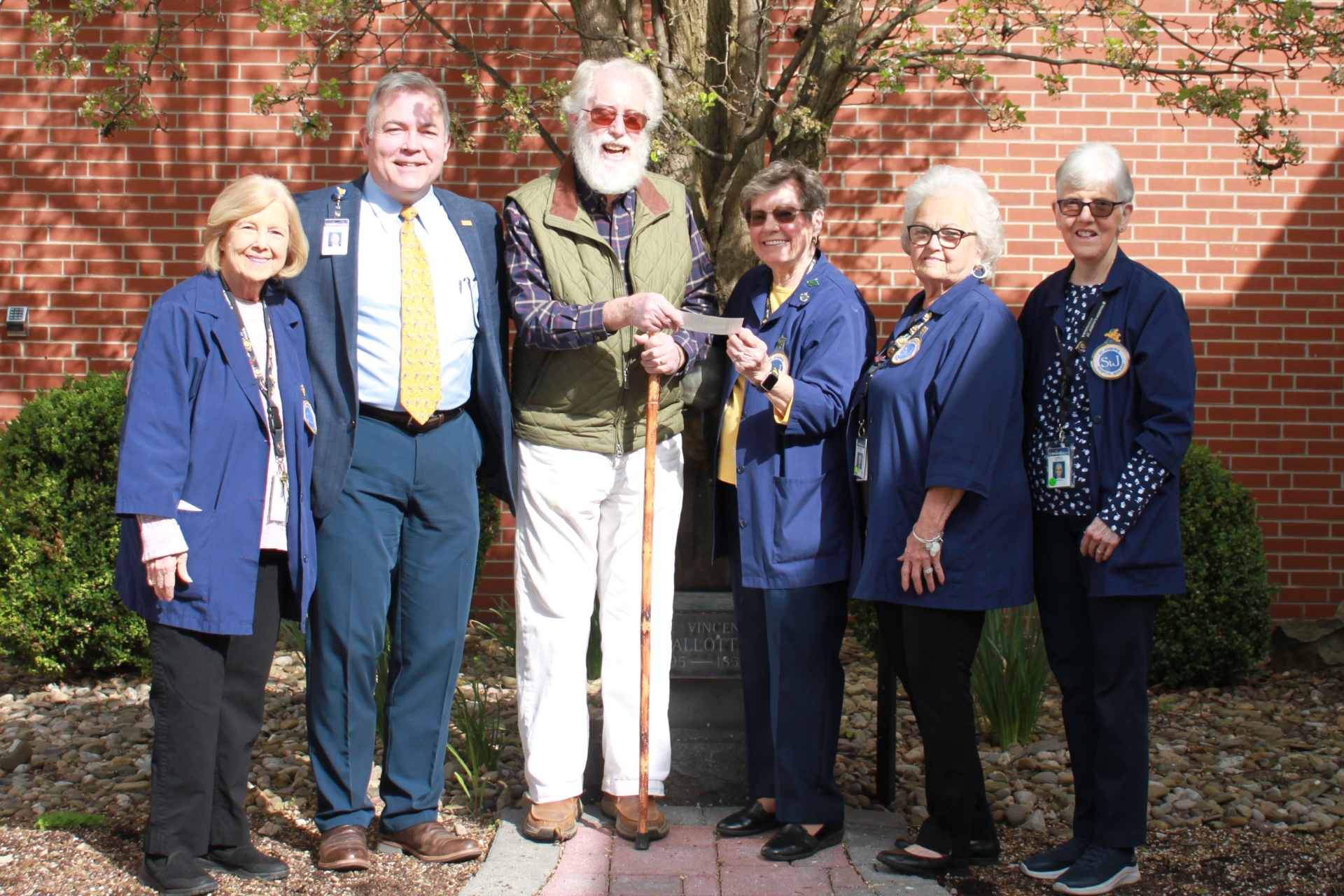BUCKHANNON – All the fire departments in Upshur County were recently invited to participate in a class that taught them how to set up landing zones for HealthNet Aeromedical Services helicopters.
Steve Wykoff, director of the Upshur County Department of Homeland Security and Emergency Management, said these classes were delayed due to COVID-19, but the DHSEM office plans to continue furthering education and training. HealthNet responds to life-threatening emergency medical emergencies, transporting patients to larger area hospitals with more resources to treat advanced trauma and other serious medical conditions.
“The more people we can get trained to learn how to help land a helicopter such as HealthNet, the better off we’re going to be,” Wykoff said at the June 14 class held at the Upshur County Regional Airport. “Volunteers are in short supply right now, so if we can get everybody trained, it provides a better, more efficient response for the helicopter. It’s safer for the patients, safer for the crew and safer for the responders.”
He said the class demonstrated several landing scenarios, including confusing situations where fire departments are integral to landing a helicopter safely.
“You can see how the pilots were getting confused and it took them much longer to come in because they had to evaluate the area and to have trained personnel who knew how to pass along that information appropriately and to communicate with it appropriately,” Wykoff said. “Everybody’s going to be the more efficient and better off with a quicker landing.”

He said HealthNet Aeromedical Services has several designated landing areas, but there are certain situations that force them to land elsewhere.
“They’re usually some sort of motor vehicle accident – a car, truck or ATV accident – or sometimes, people fall off of roofs or something along those lines and they might have suspected neck injuries, heavy trauma,” he said. “So, HealthNet is going to go or they’re usually going to call HealthNet to go to those areas. We do have designated landing zones throughout the county, which makes things a lot easier, but occasionally, we have to land someplace that hasn’t been pre-designated.”
Dennis Wilson, a flight paramedic with HealthNet Aeromedical Services, said conducting these classes benefits the pilots and the fire departments.
“It’s promoting the safety around the aircraft, safety of our crew, patient safety and primarily, safety in general,” Wilson said. “It helps the department safely provide support for us as we need it for the landing zone by just setting it up. We have good communications with all the fire departments, so we typically don’t have any trouble.”
Wilson said the most common reason HealthNet is deployed is to help stroke subjects.
“We respond to a lot of strokes at this point; there’s a lot of new innovations for strokes at WVU in the neurology center, so we do a lot of time-sensitive [services] with strokes,” Wilson said. “We respond to a lot of car wrecks too, but there’s probably a bit more stroke transports these days; safety features in the cars have kind of eliminated some of that.”


















